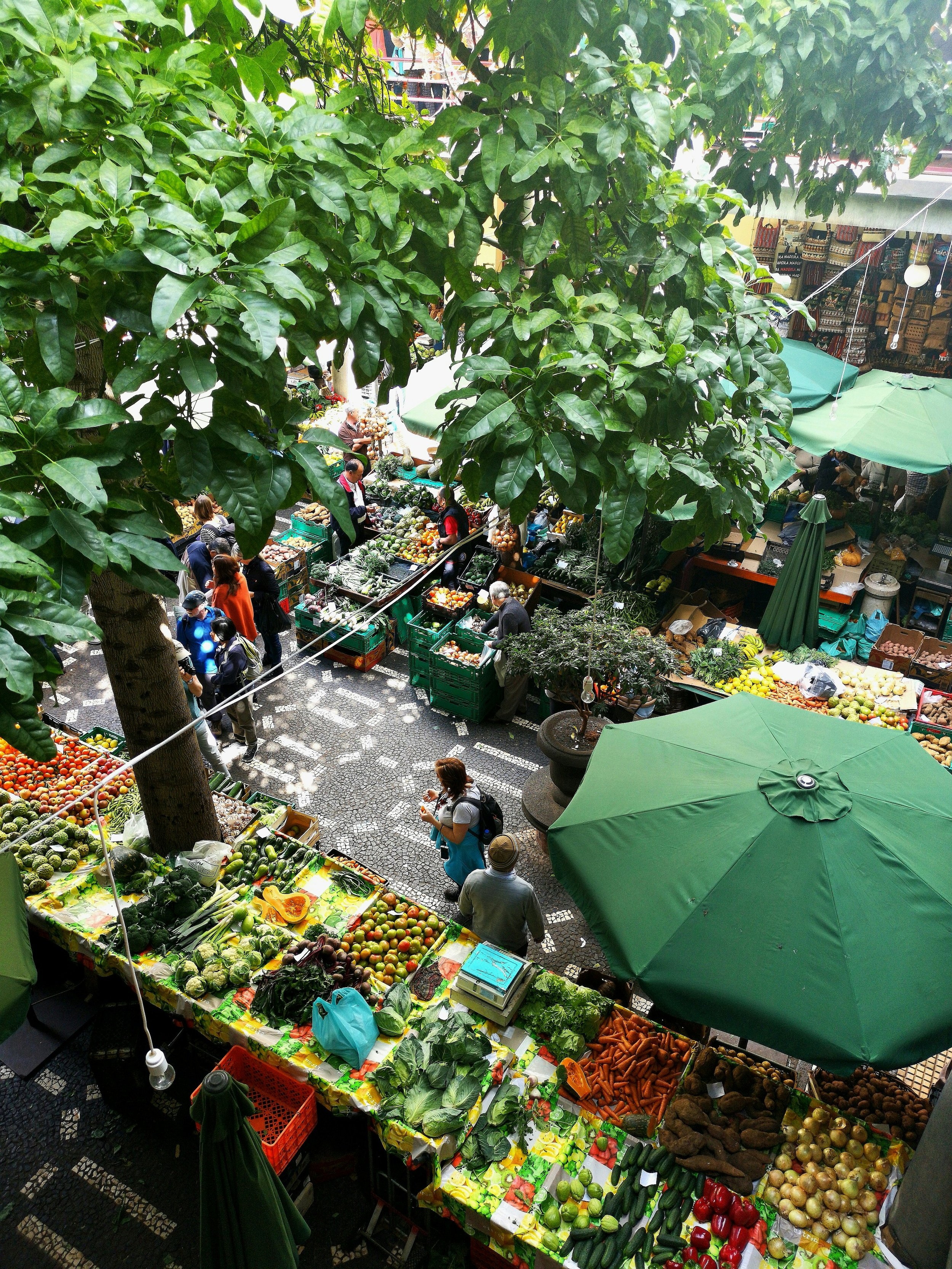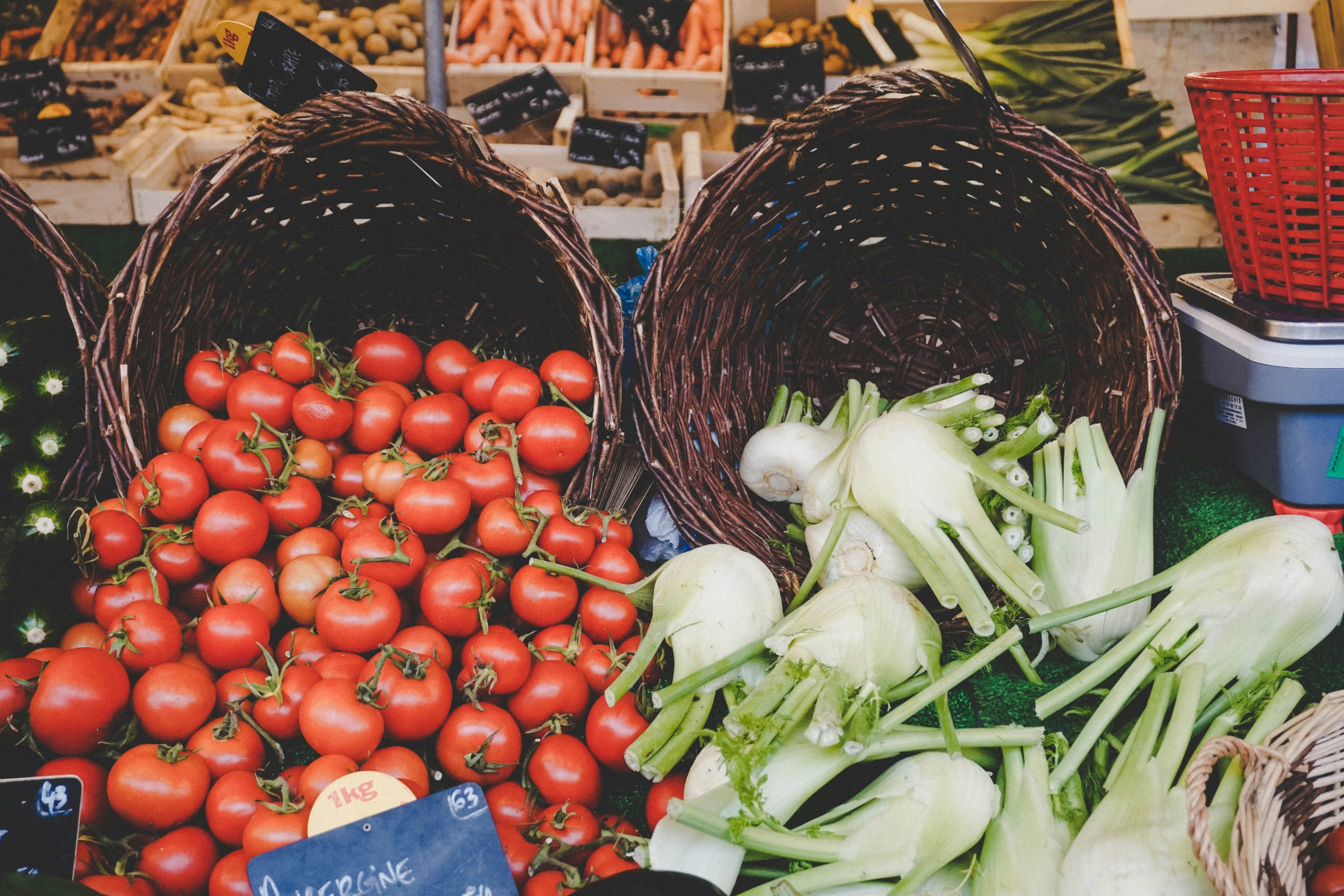STRATEGY DEVELOPMENT THROUGH SYSTEMIC INSIGHTS
Mapping Key Actors and Initiatives Driving Urban Food System Transformations
Geography
Global, with a focus on cities in Europe, Africa, and Latin America.
Collaborators
Laudes Foundation, Meridian Institute
COLLABORATORS
Laudes Foundation focuses on shifting the global economy to value people and nature. Laudes supports innovative solutions to the most pressing global challenges, including driving positive change in food systems.
Meridian Institute is a non-profit consultancy that guides collaboration on societal challenges with a focus on environmental issues. Meridian supported gathering systemic insights through a mapping process of the key actors and initiatives in urban food systems globally. Maria Balcazar Tellez, as a Meridian Affiliate, led the mapping efforts.
Summary
The Laudes Foundation embarked on a journey to expand its portfolio and explore opportunities to drive positive impact in the context of food systems–as part of their learning process, Laudes was interested in conducting a landscape assessment of initiatives working at the intersection of food systems and cities.
With the support of Meridian Institute, this research engagement aimed to explore how cities are tackling food system challenges in the face of increasing urbanization, climate change, and growing population demands. The research identified key actors and initiatives driving urban food system transformations, focusing on sustainable, resilient, and equitable approaches to food security and climate resilience.

Challenge
As urban populations grow—expected to account for 80% of global food consumption by 2050—cities are becoming central to addressing climate-related challenges, food insecurity, and social equity. However, fragmented efforts, inadequate policy alignment, and insufficient private sector engagement have hindered large-scale transformation in food systems.
Laudes Foundation sought to understand how cities and their partners are addressing these challenges, identifying opportunities for systemic change that bridges governance, innovation, and private sector engagement.

Process
Stakeholder Interviews
We conducted interviews with representatives from 12 different food system initiatives, covering a broad geographic scope and diverse intervention types. These interviews provided insights into the gaps, opportunities, and challenges faced by cities in transforming their food systems.
Desk Research
Complementing the interviews, extensive desk research mapped 36 key initiatives, representing efforts from over 597 cities across six regions. This data was synthesized into a comprehensive database that captured each initiative’s goals, partners, and intervention strategies.
Insight Generation
The research identified several themes, including the potential for cities to lead food system innovation through public procurement policies, the need for stronger engagement with the informal sector, and the role of multi-level governance in scaling local innovations.
Project Outputs
Key Actors and Initiatives Map
A comprehensive database cataloging 36 initiatives across 597 cities, detailing each initiative's focus, partners, and geographic reach. This analysis uncovered opportunities for Laudes to serve as a strategic connector, identified gaps to consider for engagement, and offered insights into how different efforts are prioritized across diverse urban contexts.
Strategic Entry Points
A set of recommendations was developed highlighting opportunities for leveraging private sector innovation, improving informal food markets, and adopting climate-smart food procurement policies.
City-Specific Insights and Learnings
Insights from city actors provided guidance to inform Laudes’ food system strategy, aligning it with on-the-ground realities and city-level priorities.

Key Insights
Climate Resilience through Public Procurement: Cities increasingly recognize the power of public procurement to drive systemic change in food systems. Initiatives like the Milan Urban Food Pact are pushing cities to prioritize climate-friendly food policies in schools, hospitals, and public institutions.
Multi-Level Governance and Collaboration: City networks and multi-stakeholder partnerships were highlighted as essential for scaling local innovations. Examples from cities like Paris, São Paulo, and Cape Town demonstrate the importance of connecting urban food strategies with national and international policy frameworks.
Circular Economies and Food Waste Reduction: Several initiatives are focusing on creating circular food economies by reducing food waste and rethinking food packaging. Cities like London and New York are leading efforts to engage the private sector in reducing greenhouse gas emissions through strategic food procurement.
Engaging the Informal Sector: Informal food markets are critical for food security in many cities, particularly in the Global South. However, these markets often operate without regulatory frameworks, making them vulnerable to environmental and economic shocks. Strengthening the informal sector through public-private partnerships and policy interventions was identified as a key opportunity.





